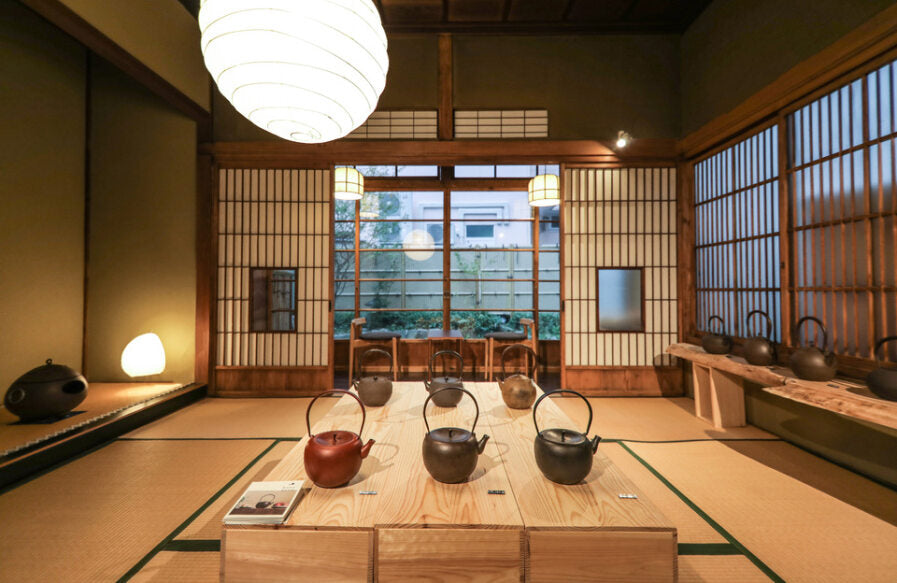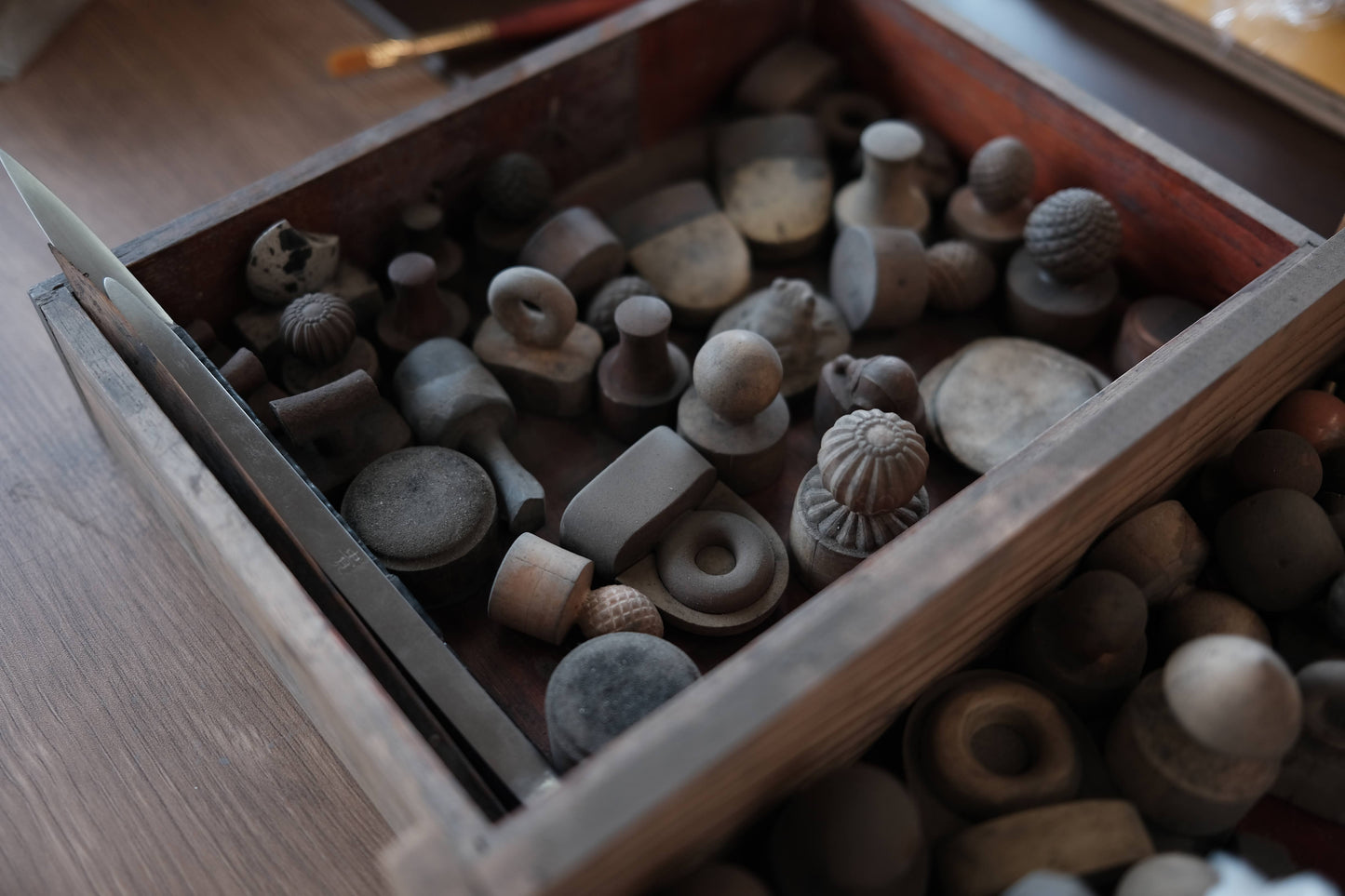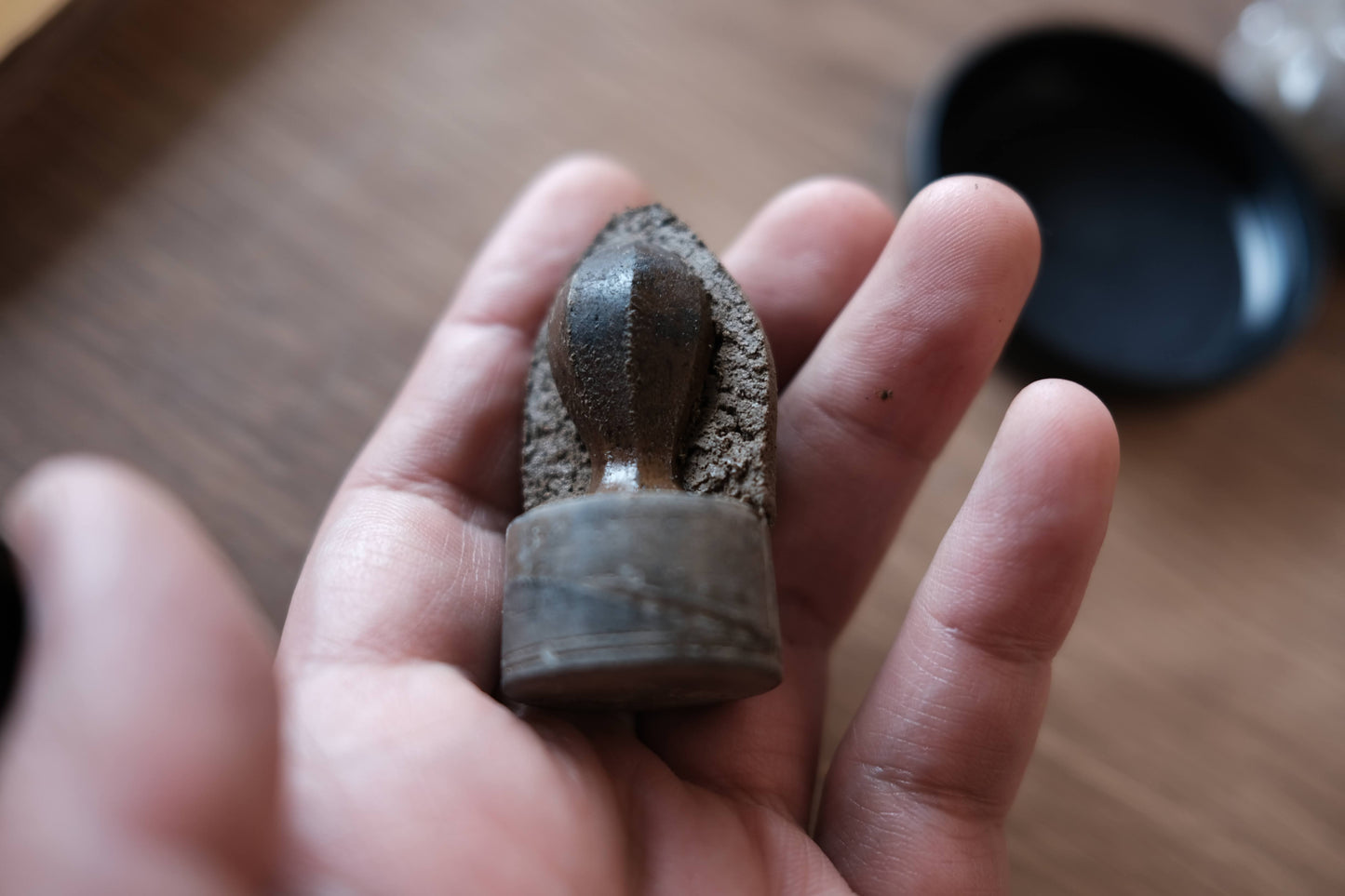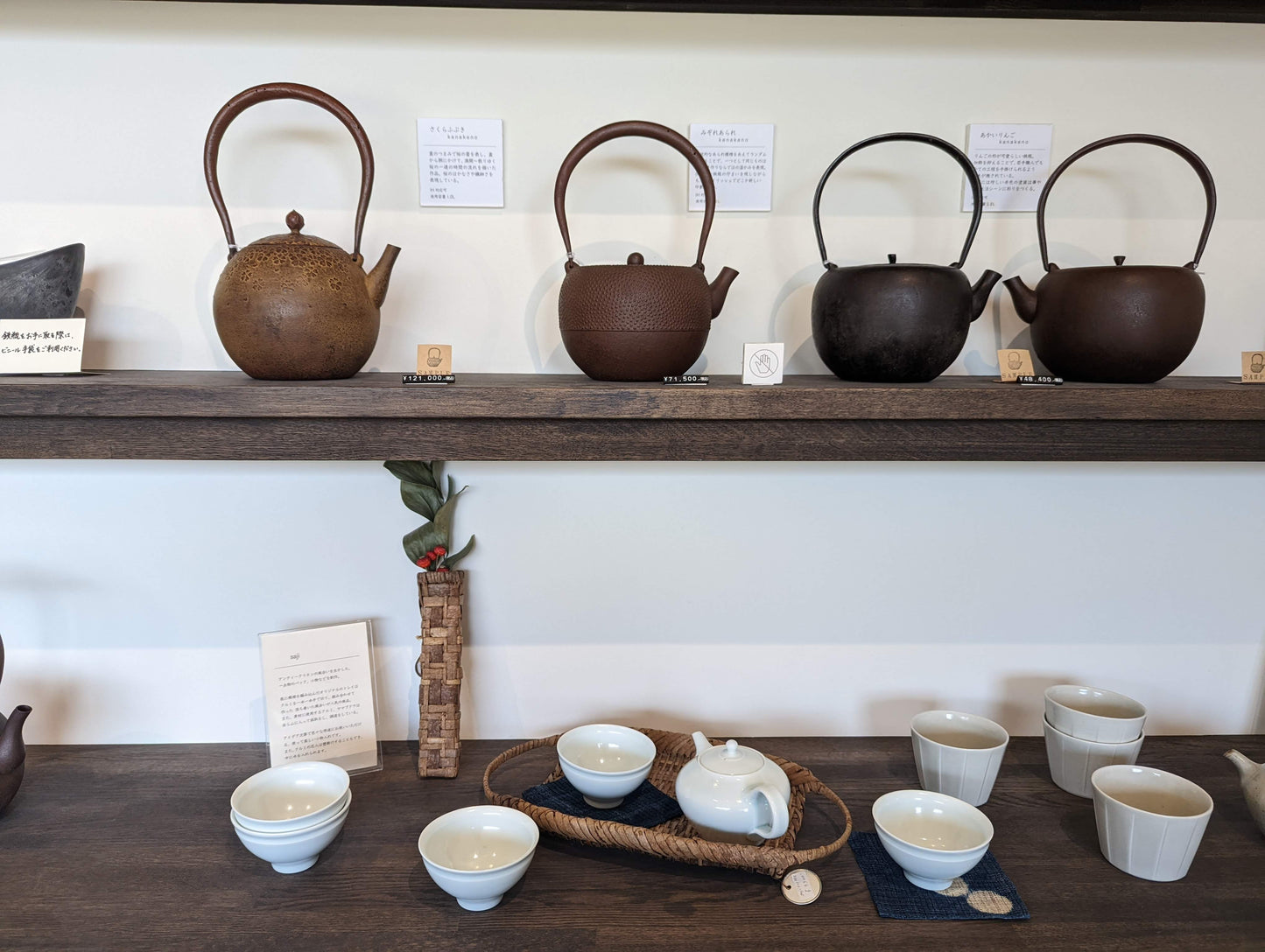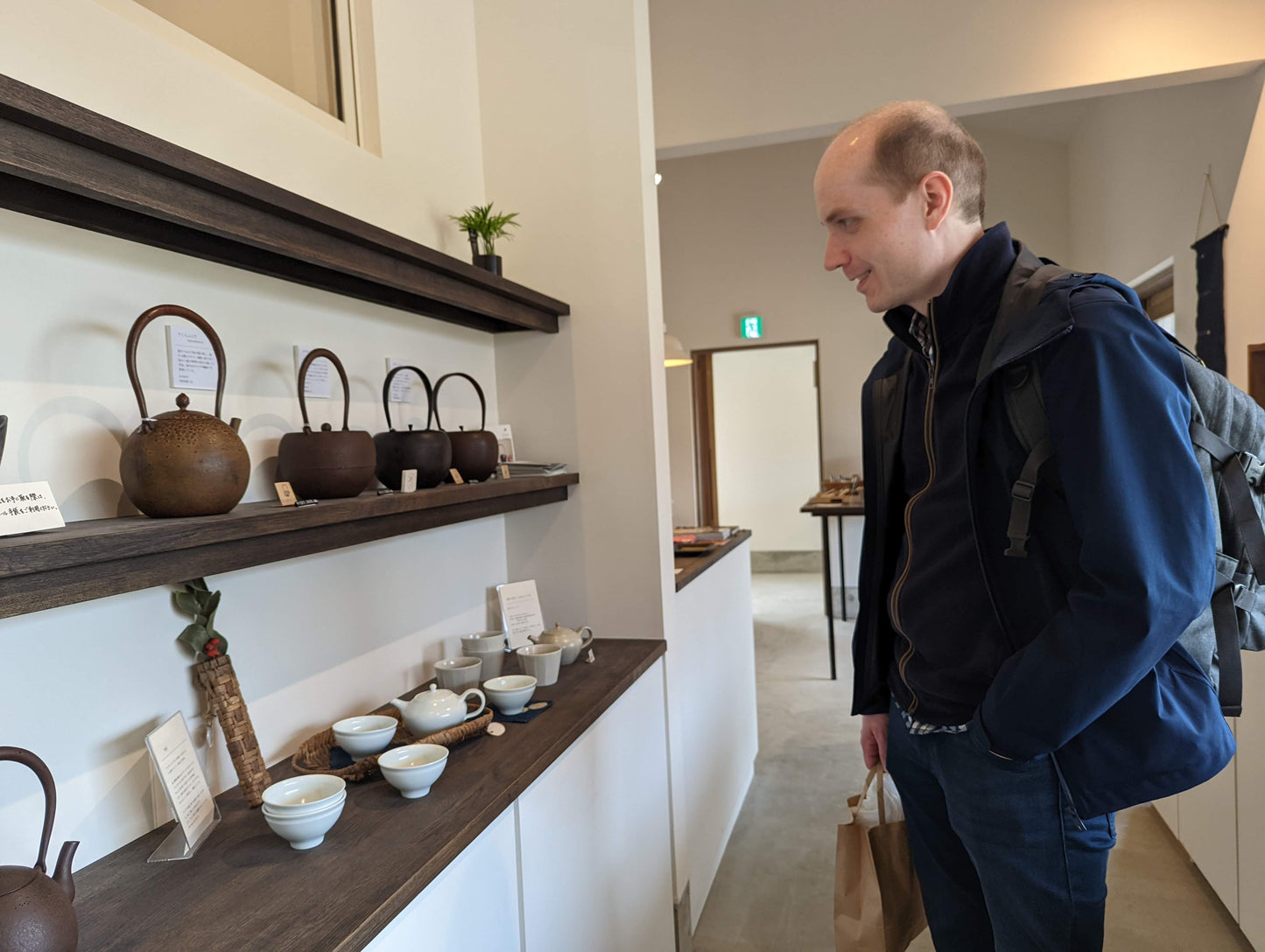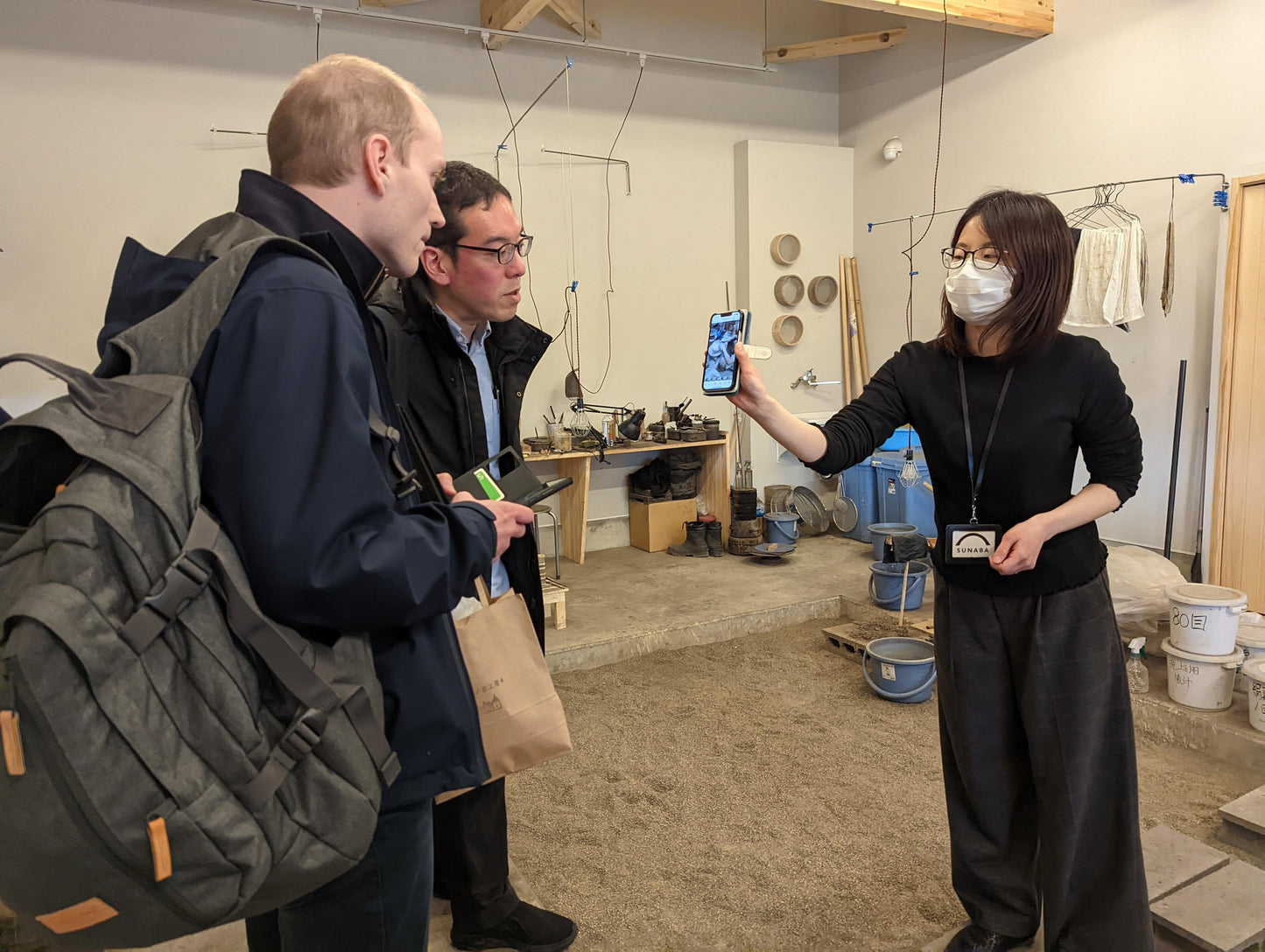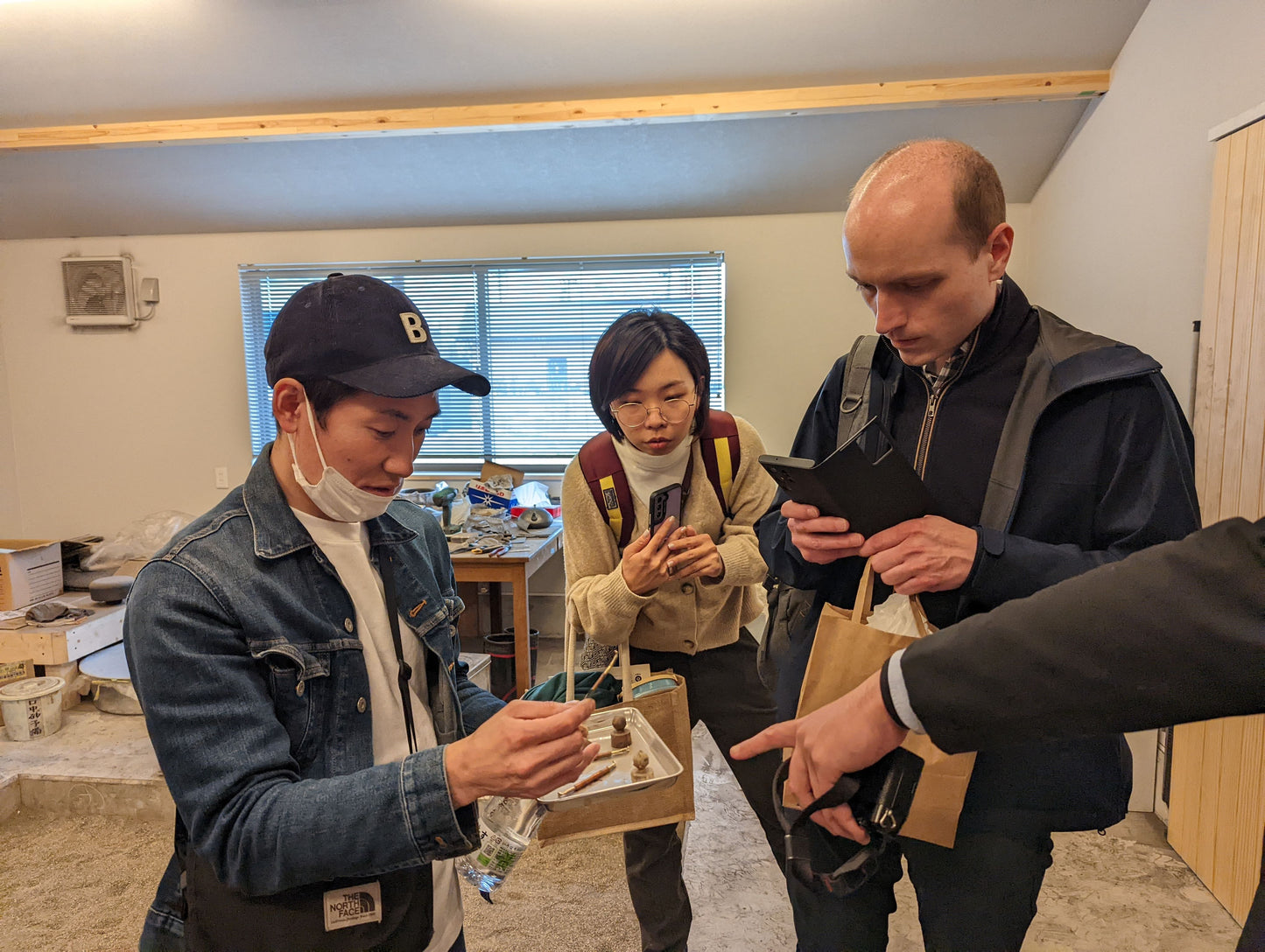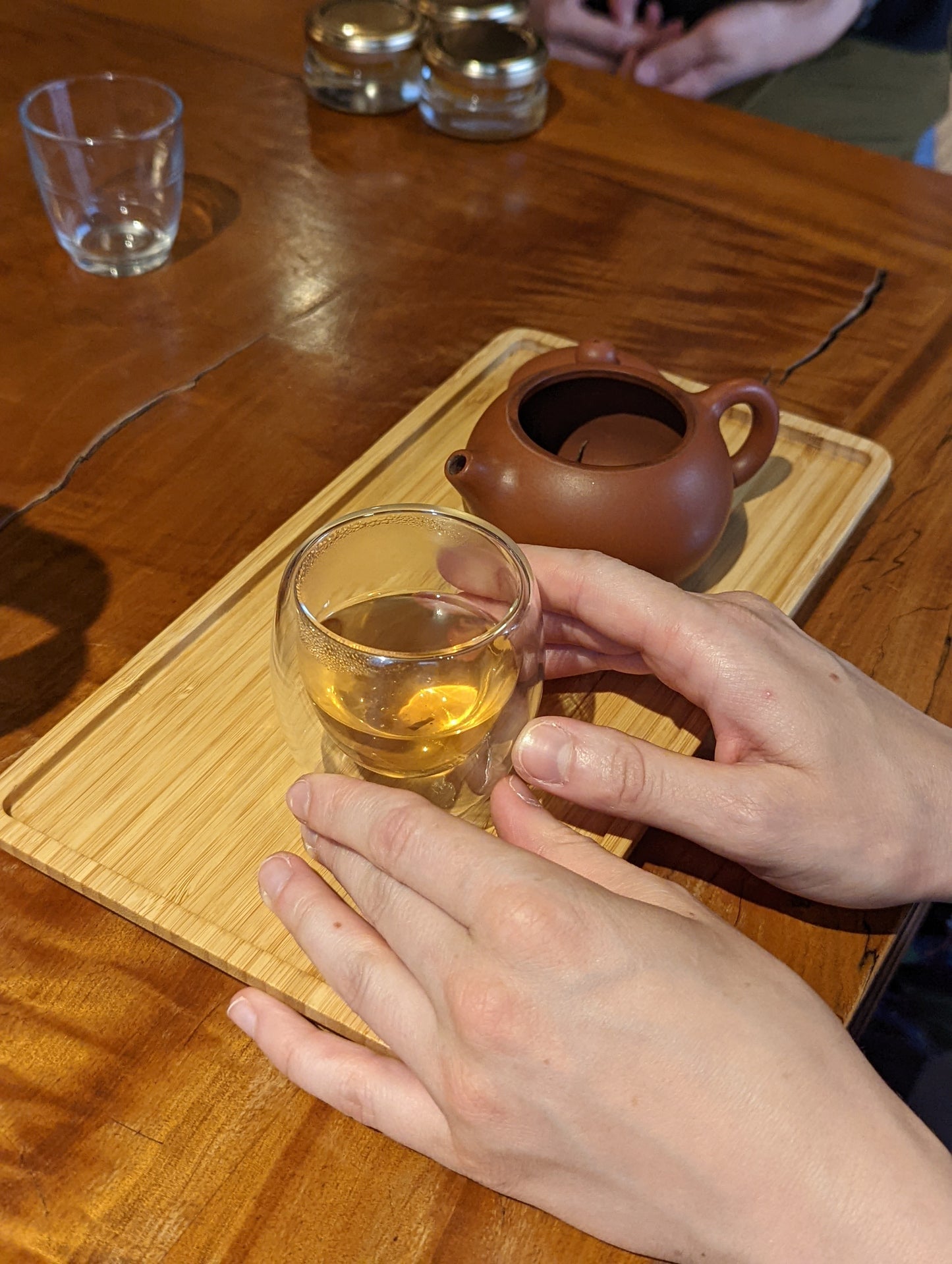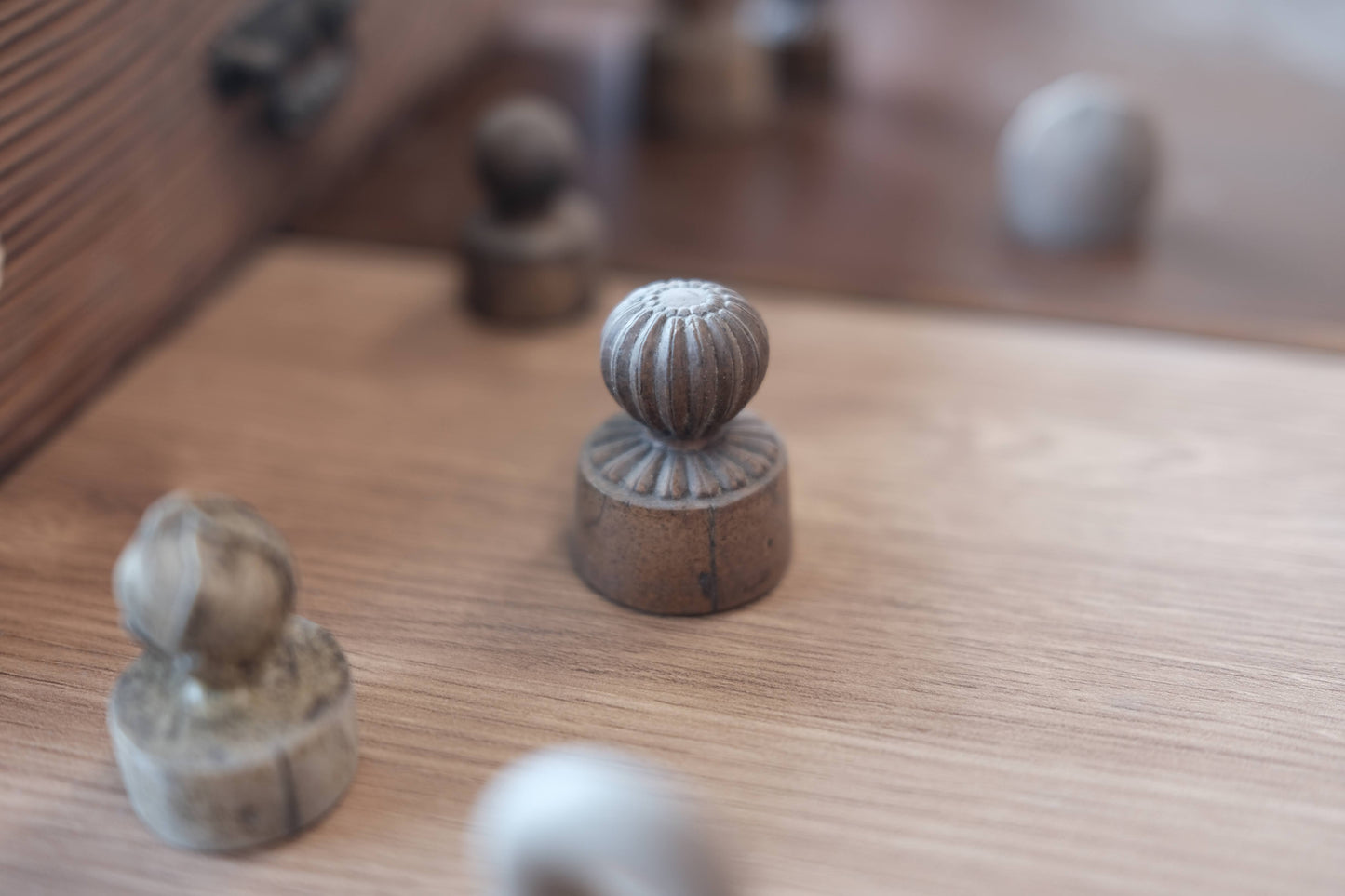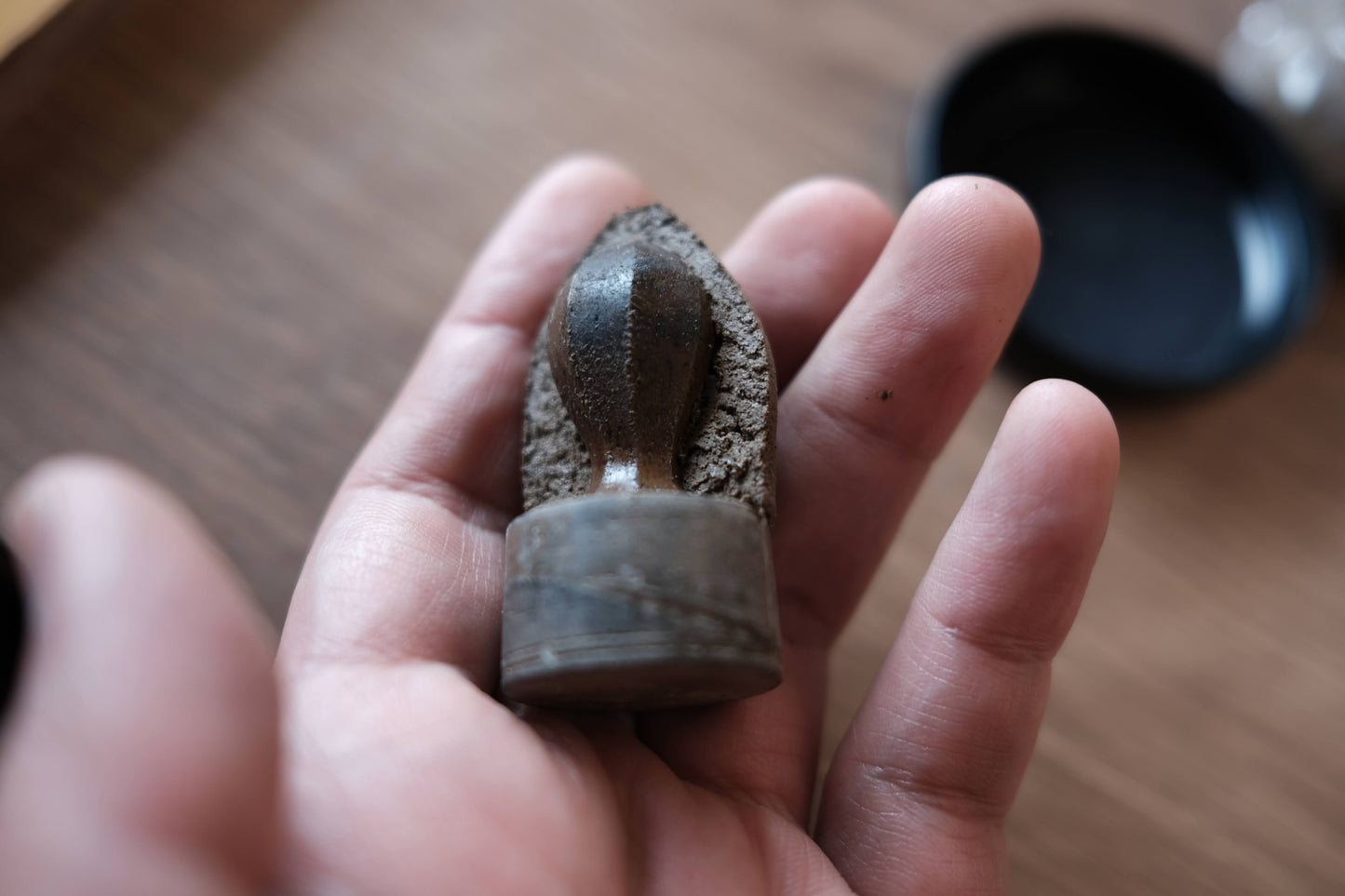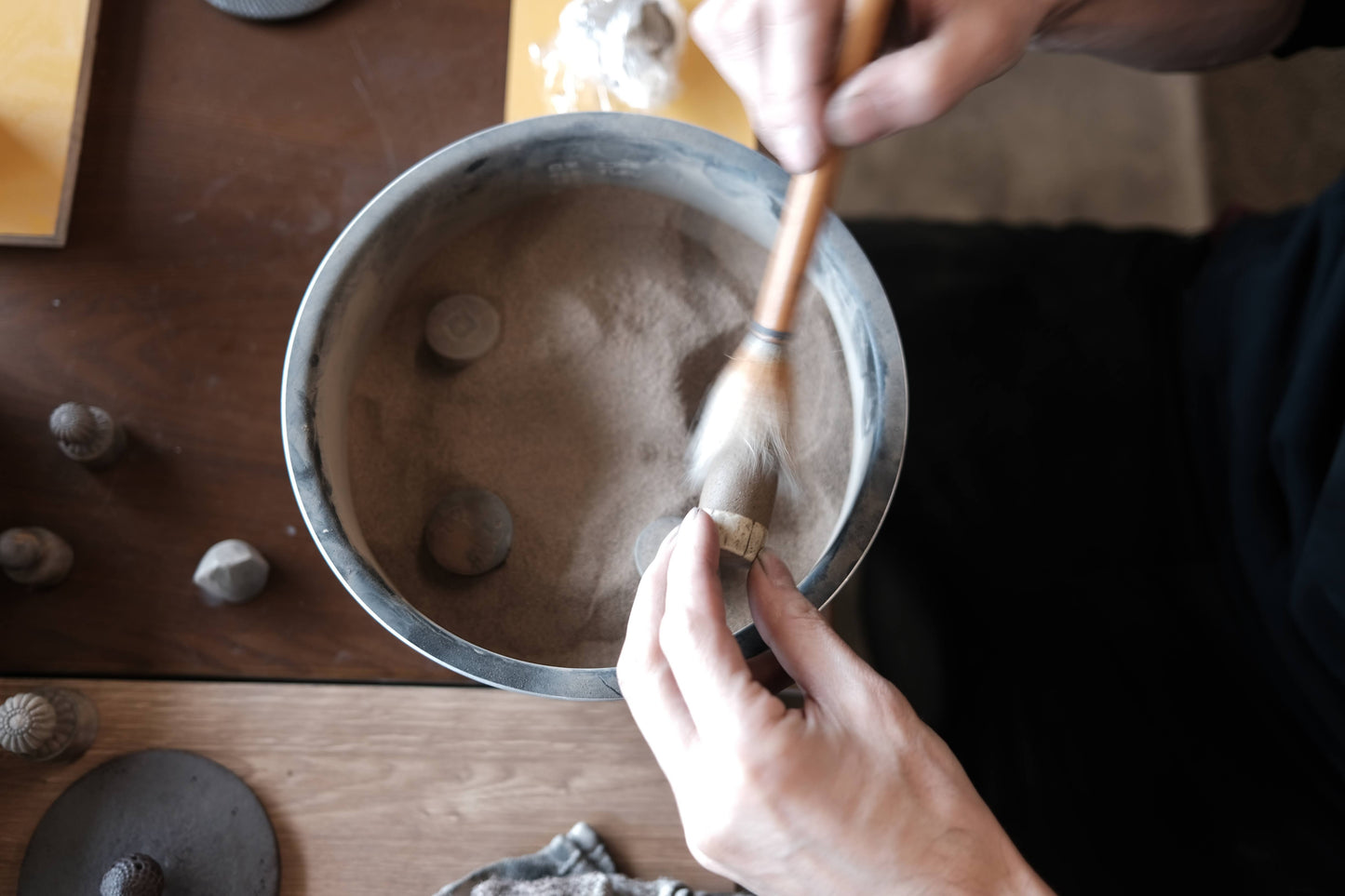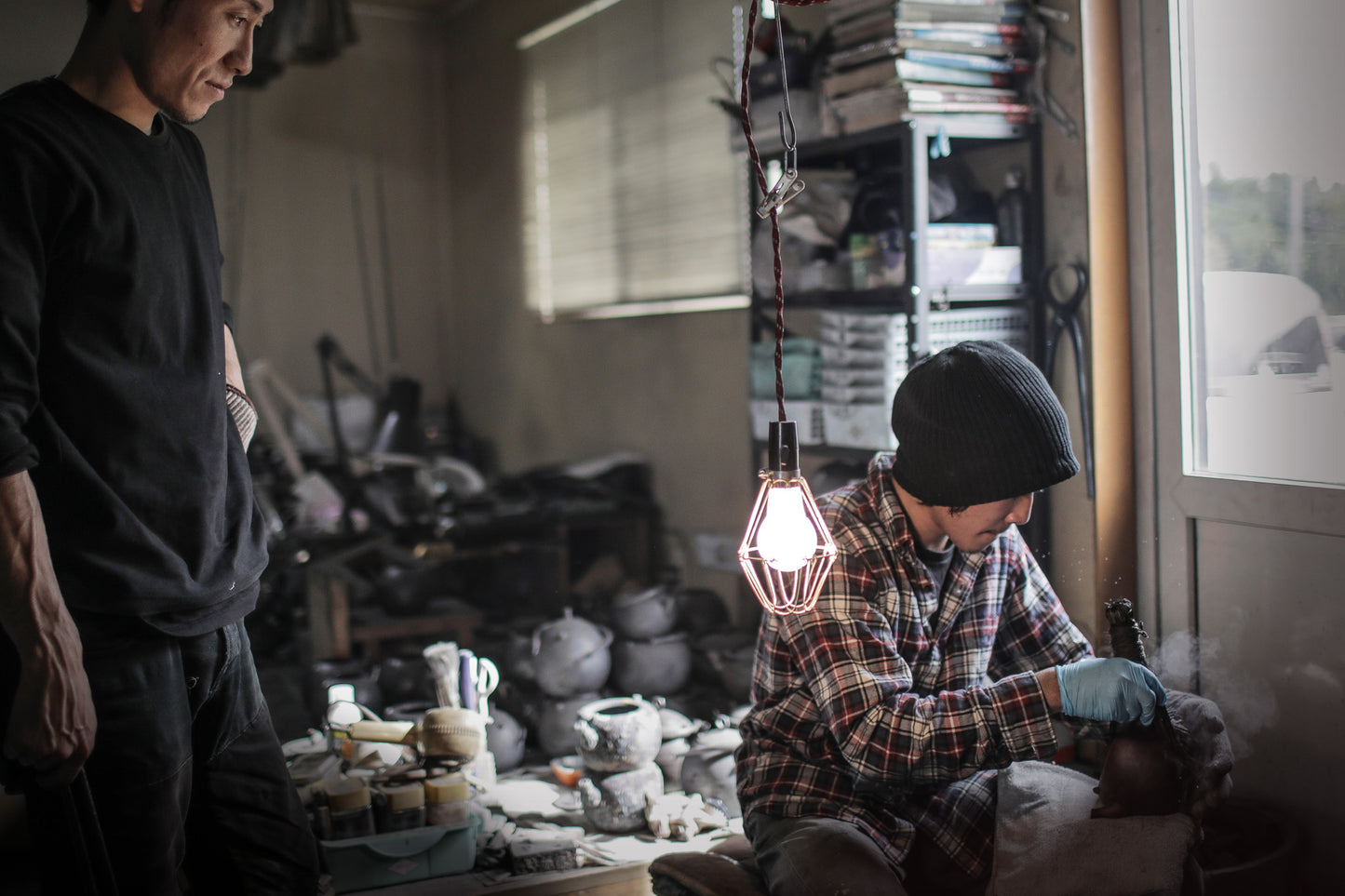
The Essence of Tradition for Contemporary Life
Based in Iwate Prefecture and under the guidance of Kazuyasu Tayama, a nationally designated Contemporary Master Craftsman, Tayama Studio is highly unique in its remarkable effort to make the 400-year old Nambu Ironware tradition a more sustainable fit for the contemporary lifestyle. Without compromising craftsmanship, CEO Takahiro Tayama seeks to communicate directly to users via variety of means, also employing younger craftsman.
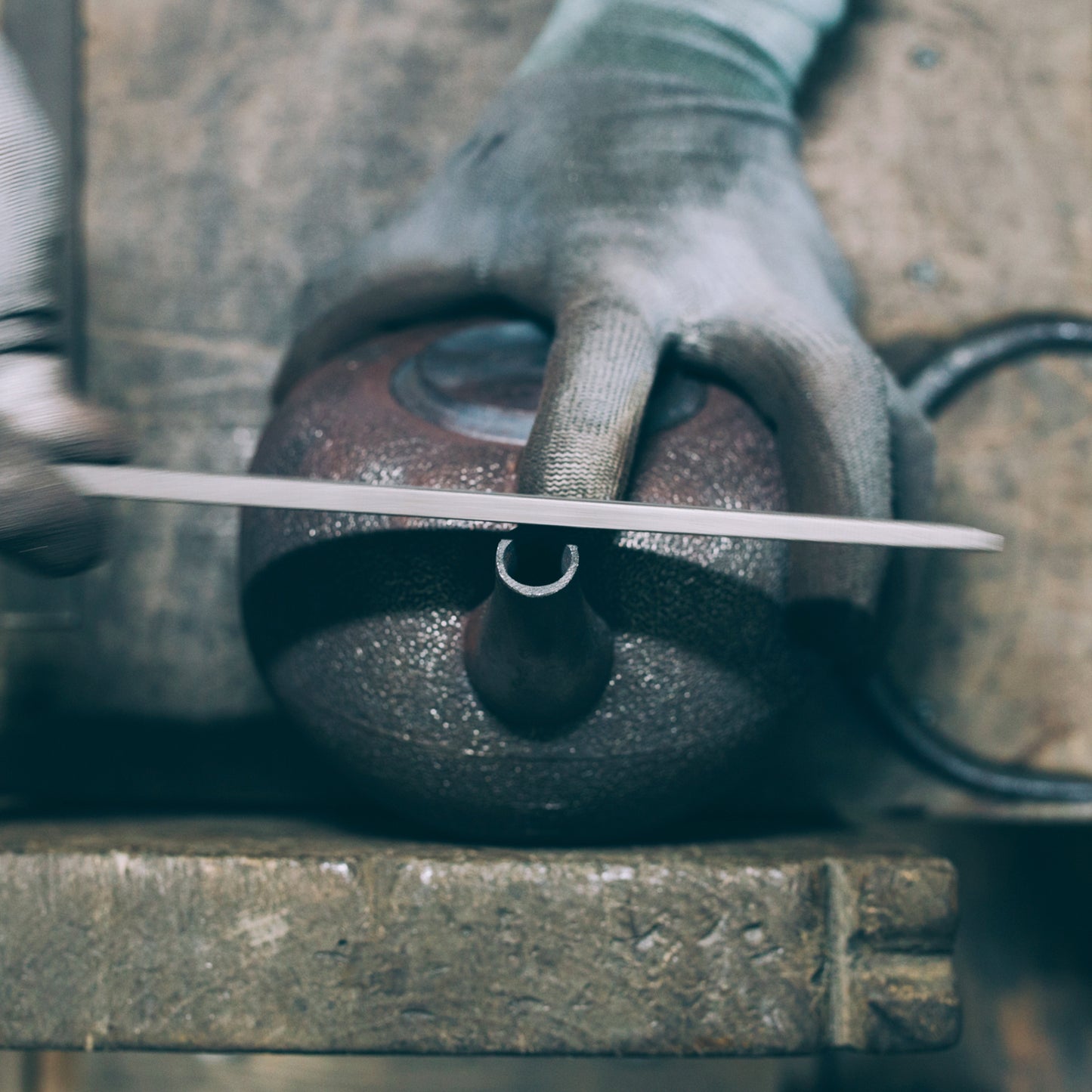
Authentic Craftsmanship
Nambu Ironware from Iwate Prefecture is recognized as some of the finest ironware in the world and still as prized today as it was hundreds of years ago. This ironware tradition was developed in the feudal domain of Nambu, encompassing present-day Morioka, home of Tayama Studio. Like champagne from the Champagne region of France, only ironware from the Nambu region can be called Nambu Ironware. These items are made to last for lifetimes and are passed down for generations.
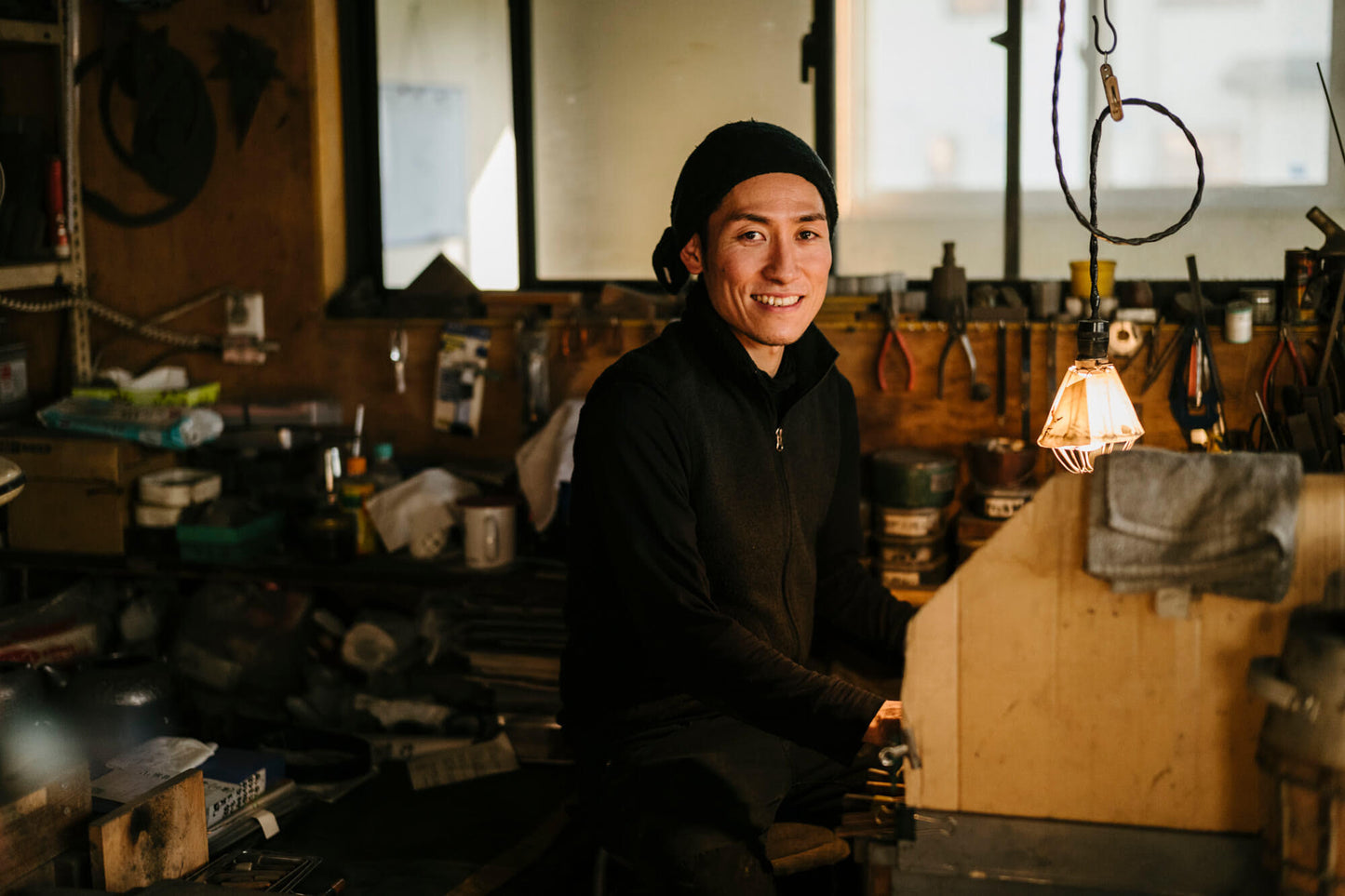
Takahiro Tayama
After returning from Tokyo in the wake of the Great East Japan Earthquake, Takahiro Tayama began a transformational journey. In 2013, he became an apprentice of his father, master craftsman Kazuyasu Tayama, and immersed himself in the art of Nambu Ironware. The following year, he established Tayama Studio. Through consistent innovation, he devoted himself to promoting and revitalizing the use of Nanbu Ironware kettles both domestically and abroad. He also built up the "Tetsubin School," (Iron Kettle School) which provides courses for enthusiasts and community members to learn the techniques of the craft.
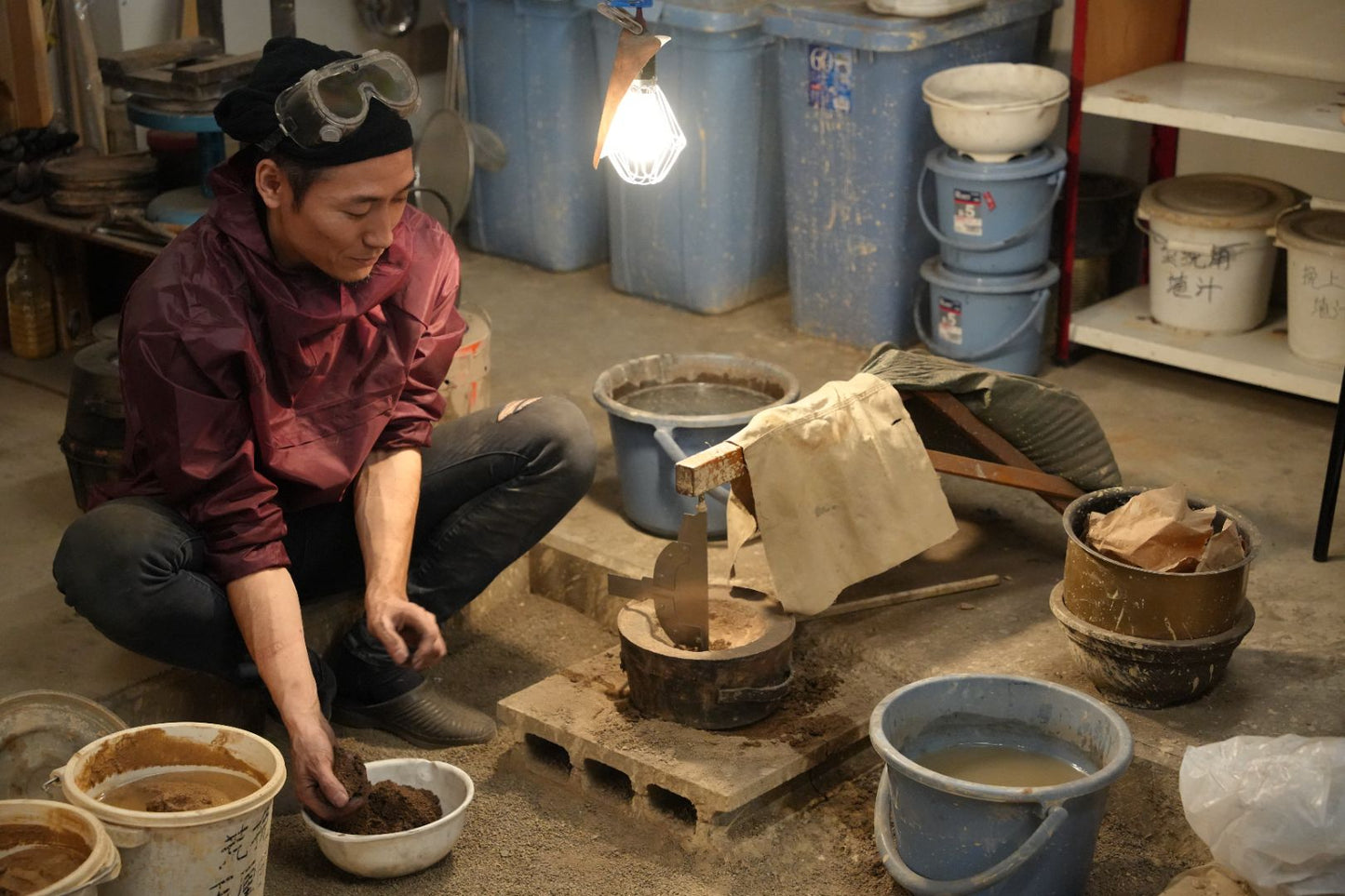
SUNABA
Our tour begins at Shop & Gallery SUNABA, where you can enjoy both the serenity and playfulness of craftsmanship. This space not only curates and exhibits a diverse range of crafts, but also serves as a Nambu Ironware school where you can watch artisans at work, attend informative talks about their intriguing history and expertise, and engage in hands-on experiences.
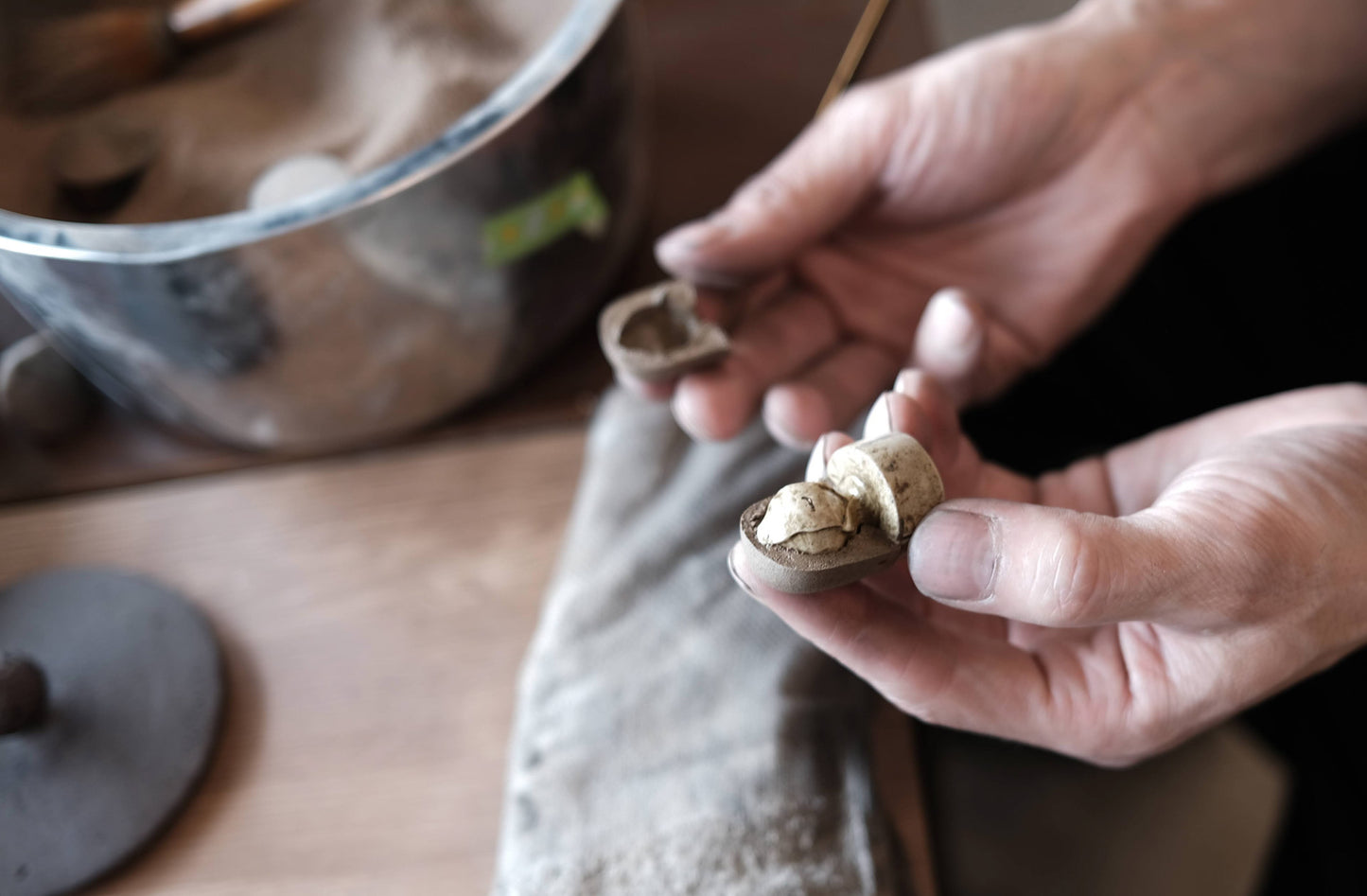
Tsumami-crafting workshop
Next, you will delve into the intricate crafting process through the art of mold-making for the kettle's finial (the nub on top if its lid), called tsumami in Japanese, which is an important part of the kettle for both its function and its aesthetic. Tsumami designs are simple and dignified, often inspired by things found in nature, such as acorns, flowers, and even hail. Please note that the tsumami undergoes a firing process and cannot be taken home. However, you will get an original paperweight to commemorate your visit.
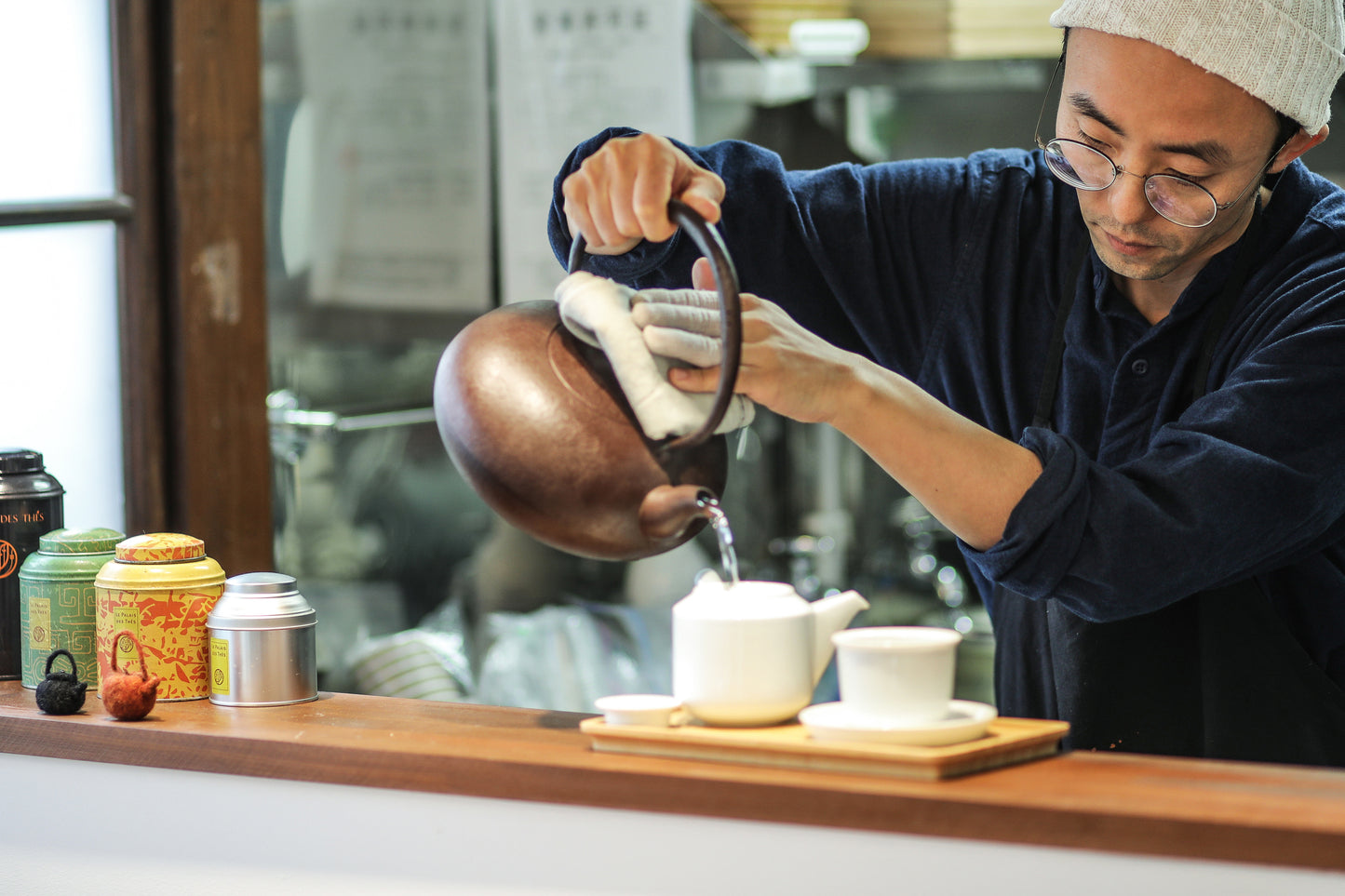
Engawa
Your tour will finish at Engawa, a cafe shop where you can unwind with a cup of tea made with water prepared in Nambu Ironware kettles, which are renowned for creating smoother and mellower boiled water. Here, you can feel the dynamic texture of Nambu kettles and fully appreciate the artistry behind Nambu Ironware.

